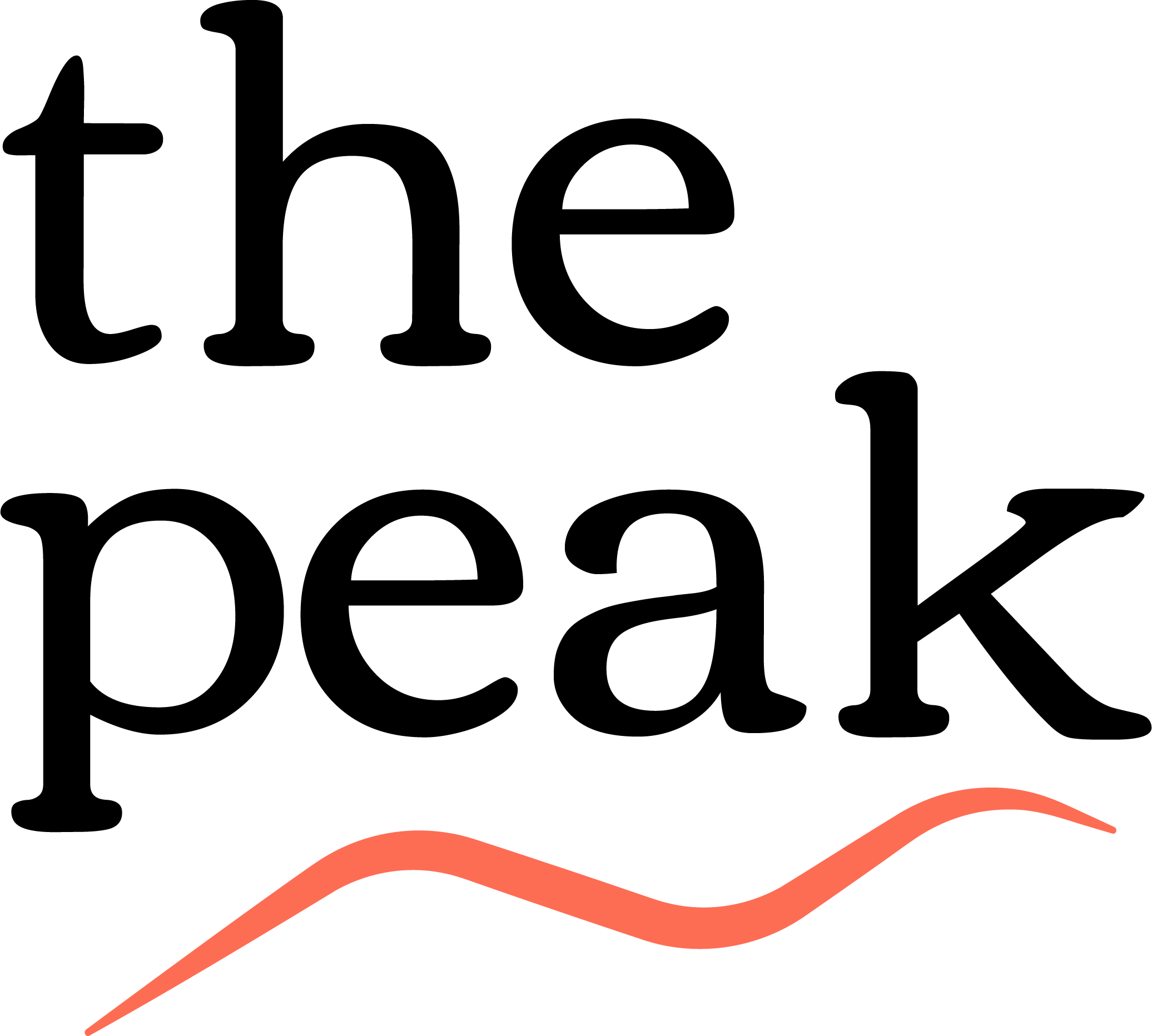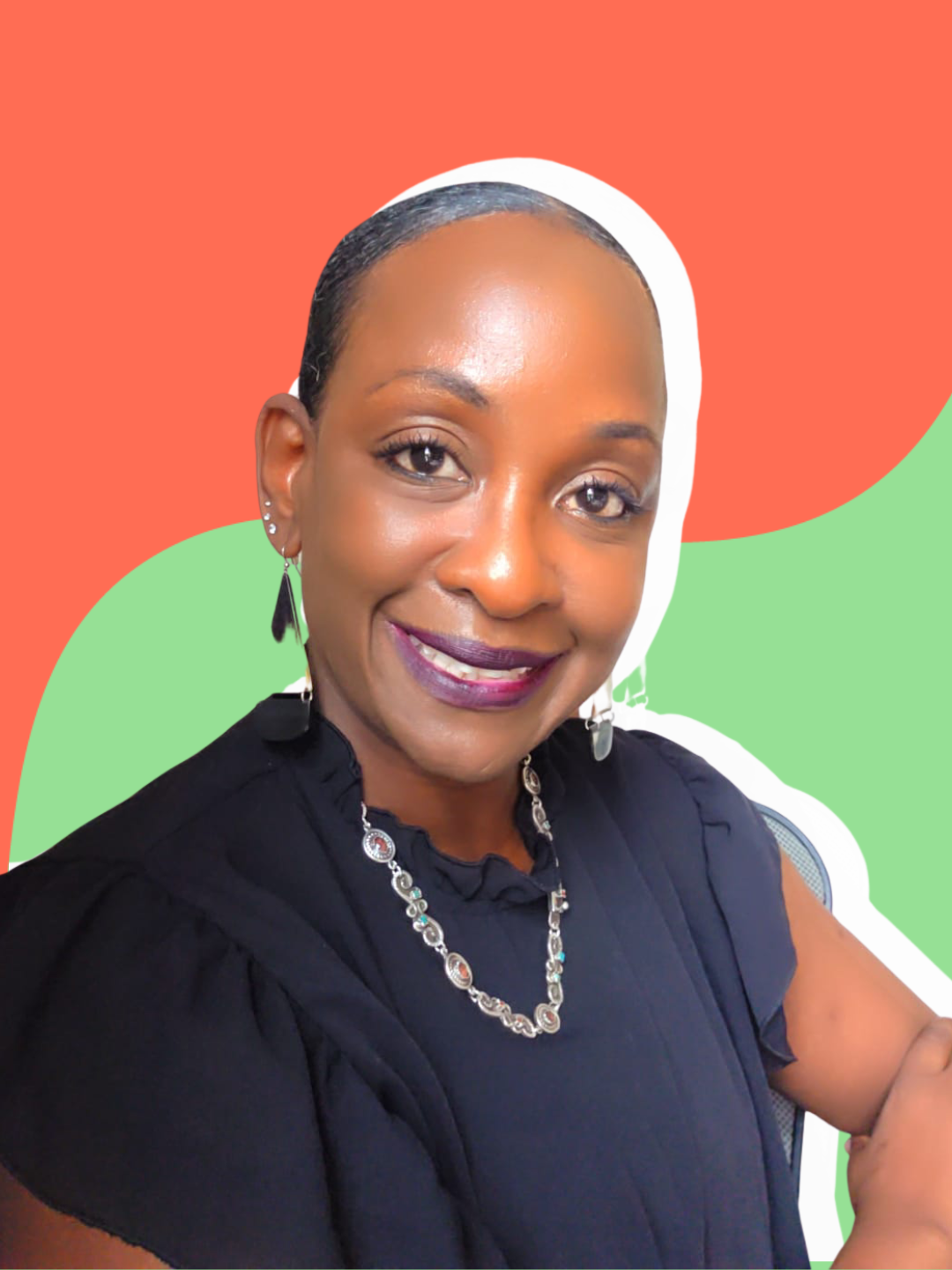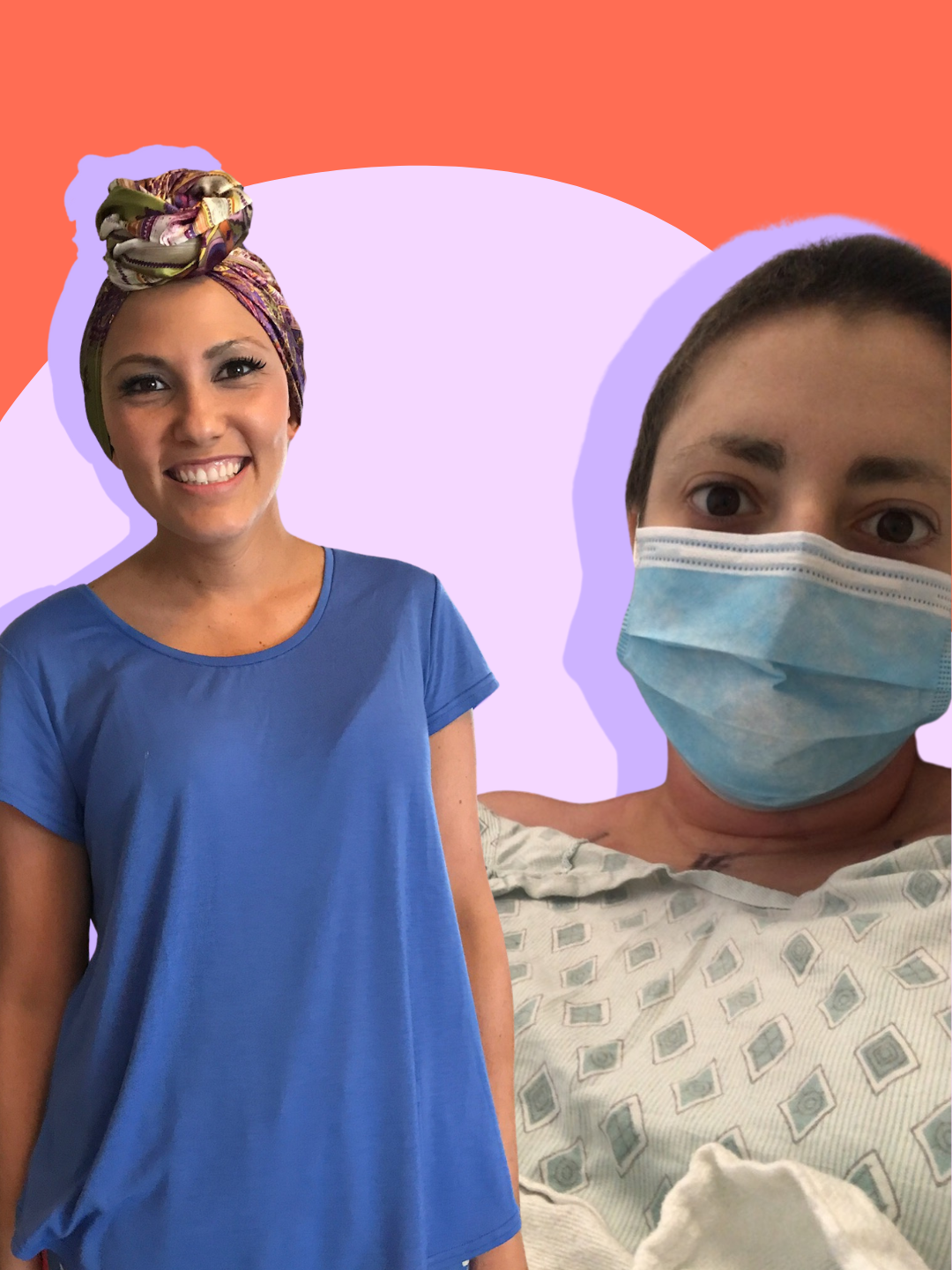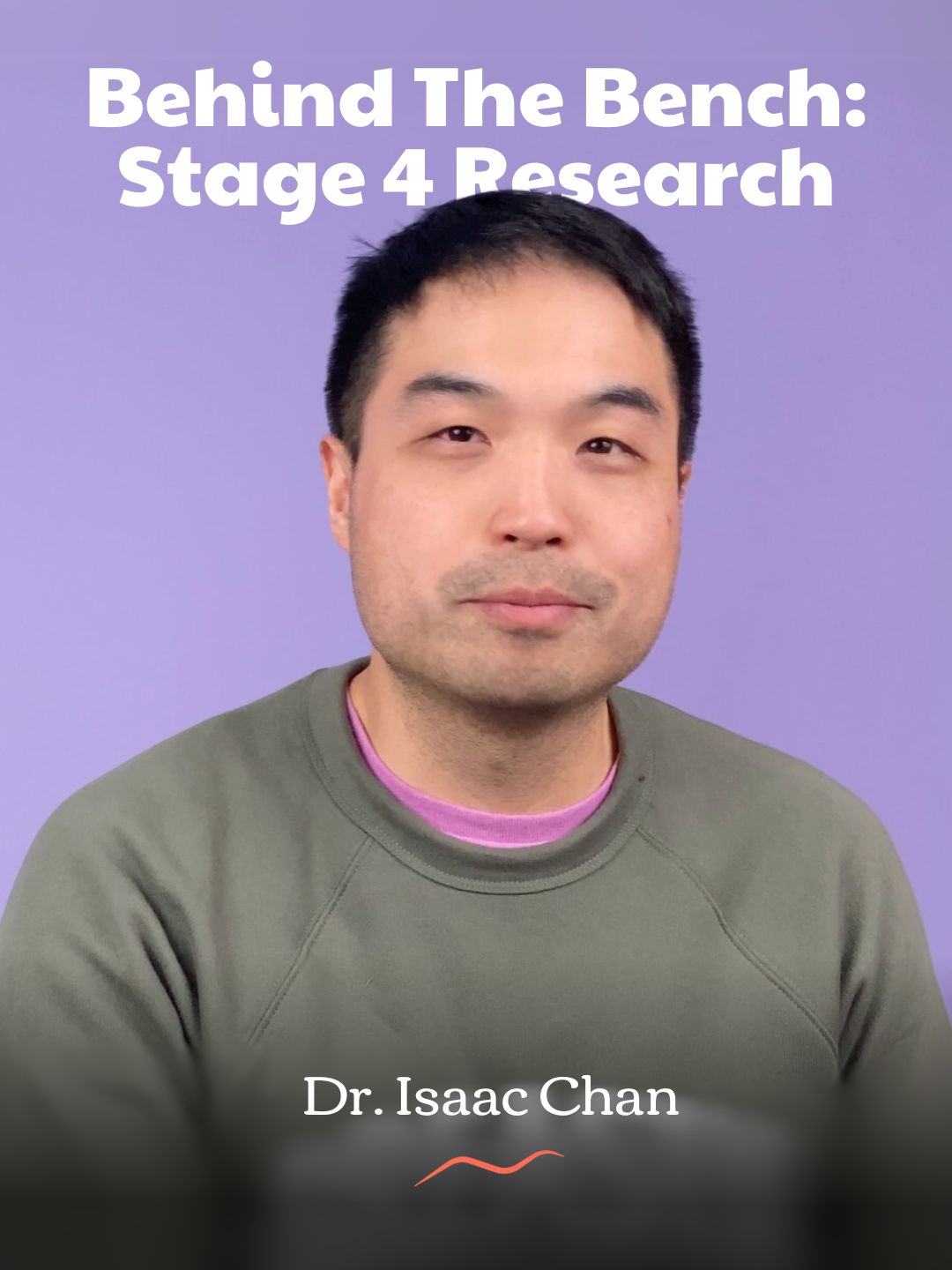If you were able to ask the top breast cancer researchers any questions, what would they be?
Well, we were lucky enough to give it a go at the 2023 San Antonio Breast Cancer Symposium.
Taking place annually in December since 1978, SABCS brings together 10,000 clinicians, researchers, and scientists to dive into the latest breast cancer research. Thanks to the Alamo Breast Cancer Foundation, patient advocates are also able to attend the symposium, both in person and virtually, to make sure their voices are a part of the conversation.
With world-class researchers in one place, The Peak team went on a mission to get the answers to questions from Breasties at home, submitted on Instagram. Read below for expert answers to your top-asked questions.
What research is there between birth control and breast cancer?
“Hormones are a very complicated topic in the general population and in [genetic variant] carriers,” said Dr. Joanne Kotsopoulos, associate professor at University of Toronto and Cancer Research Chair in Hereditary Breast and Ovarian Cancer Prevention.
She explained that while there is evidence that suggests that oral contraceptive use among the general population can increase someone’s risk of developing breast cancer, that risk can go away over time.
Also an important note, Dr. Kotsopoulos said that oral contraceptives can prevent ovarian cancer for both variant carriers and non-carriers.
“It's a balancing act,” she said.
Equally, Dr. Kotsopolous noted that “there are a lot of important roles for oral contraceptives, not just preventing pregnancy, but also helping with a lot of other conditions.”
“We don't want to cause a lot of harm or scare women from using it, but we need to be able to tailor usage,” she said. “We know newer formulations are less toxic or less potent than the older formulations, so hopefully as we gather evidence, we can play closer attention to the type of contraceptive that's been used and how this might impact cancer risk.”
Are there any updates from the POSITIVE trial around taking a break from hormone therapy to have children?
“At last year's meeting, we presented the primary results [of the trial], which showed that temporary interruption of endocrine therapy to attempt pregnancy is safe and does not appear to increase the risk of breast cancer recurrence during the first three to four years after interruption,” explained Dr. Hatem Azim, adjunct professor of oncology at the Monterey School of Medicine and one of the researchers behind the POSITIVE trial.
At the 2023 symposium, he and his colleagues announced that they found “the use of certain assistive reproductive technologies—namely the transfer of cryopreserved embryos—significantly increases the odds of becoming pregnant, independent of any other factor.”
“We also found that the use of ovarian stimulation, which is often required to freeze the oocytes, does not have a detrimental effect on breast cancer outcome,” Dr. Azim said.
He continued that age is still an important factor when it comes to becoming pregnant, whether assisted or unassisted. This is true regardless of the type of endocrine therapy or chemotherapy that a patient received and whether they were menstruating, with those under 35 having a high chance of getting pregnant faster.
As a result, while he would like to see fertility preservation proposed to all patients, “it is relatively more crucial to consider these approaches in women older than 35.”
He hopes that because this data affirms the safety of pausing endocrine therapy to have a child, more physicians will be encouraged to pursue fertility counseling with their young breast cancer patients.
What's on the horizon for Al In the cancer field?
One example of AI use in the breast cancer field that excites Dr. Steffi Oesterreich, Director of Education Women's Cancer Research Center at Magee-Womens Research Institute and The Breasties’ stage 4 research grant recipient, is its use for the diagnosis of disease.
Dr. Oesterreich’s lab focuses on lobular breast cancer, which she said can be difficult to diagnose.
“There is a level of discordance when pathologists try to diagnose [lobular breast cancer], in the sense of you give the same slide to 10 different pathologists and five of them agree and five of them disagree.”
She said that there are now studies in which researchers have trained an AI to recognize invasive lobular breast cancer compared to other kinds of cancer.
“The computer can now diagnose the disease with very high accuracy, sensitivity, and specificity,” Dr. Oesterreich siad. “So I think that you can really improve diagnosis with AI approaches, which is exciting.”
Dr. Jenny Chang, Director of the Houston Methodist Dr. Mary and Ron Neal Cancer Center, is equally excited about research innovations, including AI, thanks to the new amounts of data we have to work with.
“To be honest, I wish I was 20 years younger because the next 20 years, the next 10 years are going to be revolutionary,” said Dr. Jenny Chang.
What is postpartum breast cancer?
Postpartum breast cancer is a subset of the disease that can occur up to 10 years after pregnancy that has been noted to have high rates of recurrence, said Dr. Traci Lyons, associate professor at University of Colorado School of Medicine. She researches this type of cancer with her colleague, oncologist Dr. Virginia Borges.
She explained that while pregnancy can reduce breast cancer risk overall, it can also bring with it a “a transient increased risk.”
“We think that our patients may have had some level of disease prior to getting pregnant. Maybe [the disease] was fueled by the pregnancy, but still not detected by the pregnancy. They nursed their babies, they weaned, and it inadvertently put their tumor through this environment,” she explained.
Right now, she explained, their goal is to test their postpartum patients for a molecule, semaphorin 7a (SEMA7A), which they think could predict recurrence and modify treatments accordingly.
Most importantly, Dr. Lyons said:
“Don't let anybody tell you to ignore anything going on in your breasts after you have a baby.”
What is the symposium like? Can patients like myself attend?
The San Antonio Breast Cancer Symposium is a five-day conference, typically the first week in December, during which breast cancer researchers, physicians, advocates, and pharmaceutical companies gather to share the latest science and innovations related to all aspects of the disease.
Throughout the symposium, there are presentations, panel discussions, poster exhibitions, and networking sessions. Depending on your goals for attending the symposium—whether you want to learn the latest science or connect with other patient advocates—it can really be a choose your own adventure!
How can patient advocates attend? All thanks to the Alamo Breast Cancer Foundation’s Alamo Advocate Program.
“The first time we asked them to come, which was probably 29 years ago, they were saying, ‘Why would you want to come to this conference?’” recalled Alamo Breast Cancer Foundation President Jerry Worden. “We said, ‘Well, we want to learn the science. We want to keep up on the latest.”
While they were invited, she said “they made us sit on the floor in the back of the room.”
In the nearly 30 years since, the Alamo Breast Cancer Foundation continues to make space for patient advocates at the symposium, both in-person and virtually. Any patient advocate who works or volunteers for a relevant non-profit can register to attend the symposium for free.
In addition to regular symposium programming, the Alamo Advocate Program offers sessions geared towards patient advocates. A Breastie favorite are the daily Hot Topic Mentor Sessions, during which researchers and physicians break down their key takeaways from the day.
“We were the first educational program at a major conference,” said board member Sandi Stanford.”And I think that's something that we should be very proud of.”







